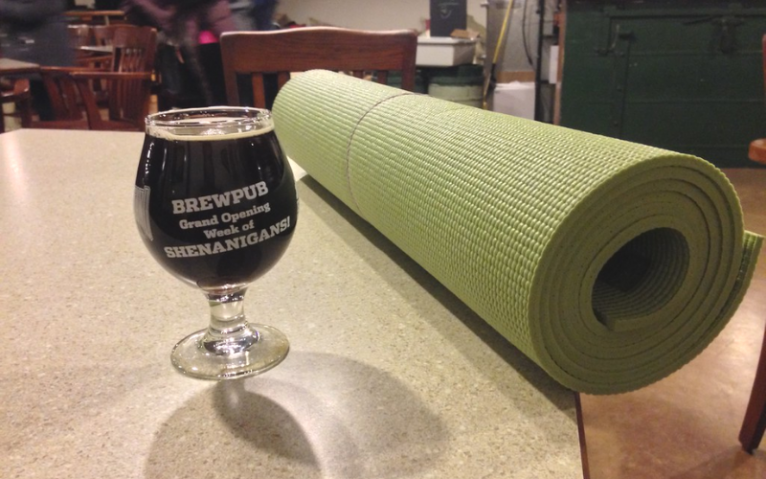A new trend is emerging called healthonism, where otherwise healthy people still drink heavily enough to consider it alcohol abuse. These people may go to the gym for hour-long yoga classes, eat a nutritious and healthy diet, and may even count their calories. On the flip side, they still allow themselves to drink heavily and feel the impact of alcohol.
Who is a Healthonist?
Healthonism combines the two words health and hedonism. A Healthonist (health and hedonist), is a term John Walter Thompson Intelligence coined back in 2015. In their report, “The Future of Food & Drink,” JWT Innovation Group explains how exercise-drinking events can be trendy among healthonists.
It is a supposed balance of health and indulgence. People who partake may feel like they are countering the adverse effects of alcohol with exercise and good food, but alcohol, especially binge drinking, is still very detrimental.
What’s Healthonism?
The healthonism trend is still quite popular today. Countless companies continue to promote exercise-meets-drinking events. Most of these events target young alcohol drinkers promising they can offset alcohol side effects with antioxidants and healthy mixes.
Healthonism has become such a trend that many gyms, like popular fitness club Equinox, are hosting events that combine a healthy activity like yoga, followed by alcoholic beverages.
Also, drink mixes continually develop and sell as a “healthy” choice to mix with alcohol. When it comes to drinking alcohol if you are drinking more than moderately, nothing can genuinely be considered healthy.
What is Moderate Alcohol Consumption?
Moderate alcohol consumption means one drink per day for women and two for men. Anything above that number meets the criteria for alcohol abuse and can have adverse effects on a person’s well-being.
Keep in mind, the definition of moderate alcohol consumption only refers to a single day. It is not the average over several days.
Are You Using Healthonism to Hide Your Alcohol Problem?
Most people believe that someone with an alcohol problem can’t function. However, around 9 million people are high-functioning alcoholics. While they have an alcohol dependency, they can hold a job and function in a sober society while hiding their addiction.
Do some soul-searching and self-reflection and see if you notice these signs:
- You always joke about alcoholism
- You have difficulties keeping up with work, home, or school responsibilities
- You’re losing friends or relationships because of your drinking
- You need alcohol to relax or feel confident
- Even when you try to avoid it, you still get drunk
- You find yourself drinking every day
These are all signs that you might be a high-functioning alcoholic or developing an alcohol dependency.
Can You Fight Alcohol Abuse with a Healthy Lifestyle?
In short, no, you can’t. Even if the rest of your lifestyle is healthy, you will still suffer from the negative consequences of drinking. Sure, a healthy diet never hurt anyone, but there is no sense in tricking yourself into believing that eating an apple a day will keep liver disease away.
Alcohol dependency can be sneaky and a very slippery slope. What starts as a social habit can often turn into problematic drinking before the person knows what happened to them. Additionally, addiction to exercise and leaving an extremely healthy life means you already struggle with addictive or compulsive behaviors.
The Sooner You Seek Help, the Better
You don’t have to wait to be struggling with a full-blown addiction to seek treatment. If you believe you’re falling for the healthonism lifestyle and you’re starting to drink more than you’d like, ask for help.
Talk to friends and family about your struggles and ask them to hold you accountable for your drinking habits. Consider speaking to an addiction therapist to learn more about compulsive behaviors and what you could do to stop it before it becomes a much serious problem.
If you’re open to the idea, consider walking into an AA meeting to hear from other people’s stories and share yours. You’ll be surprised about the impact of hearing from someone else’s story can have in your life.





